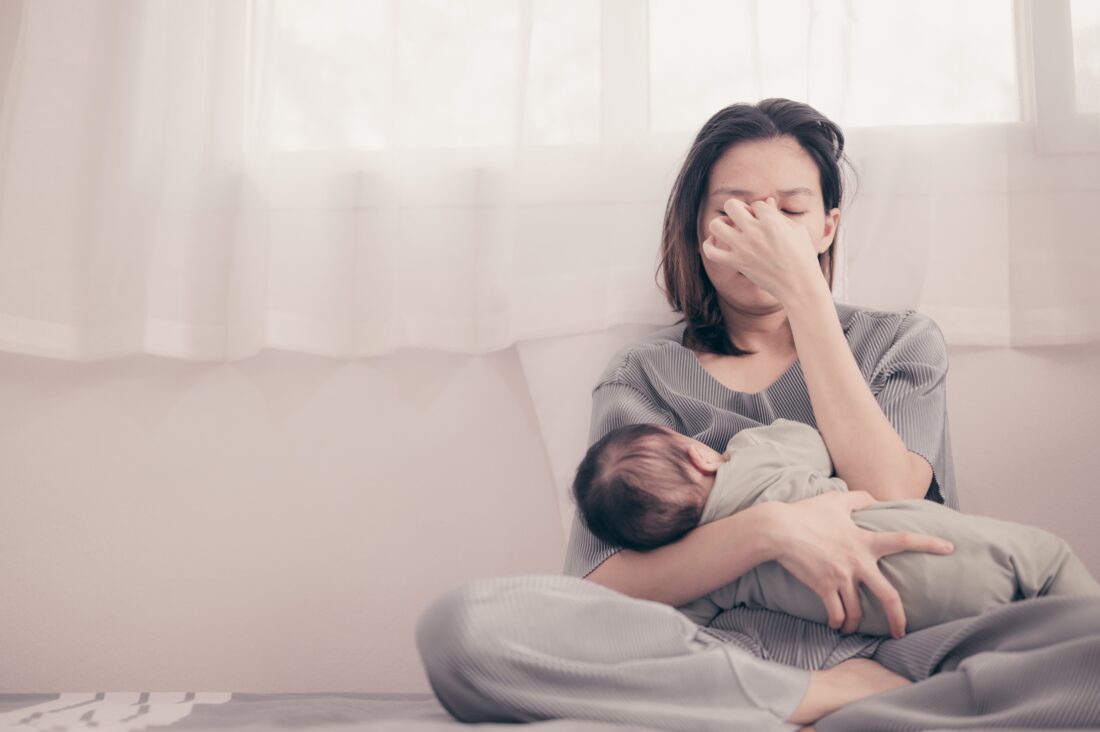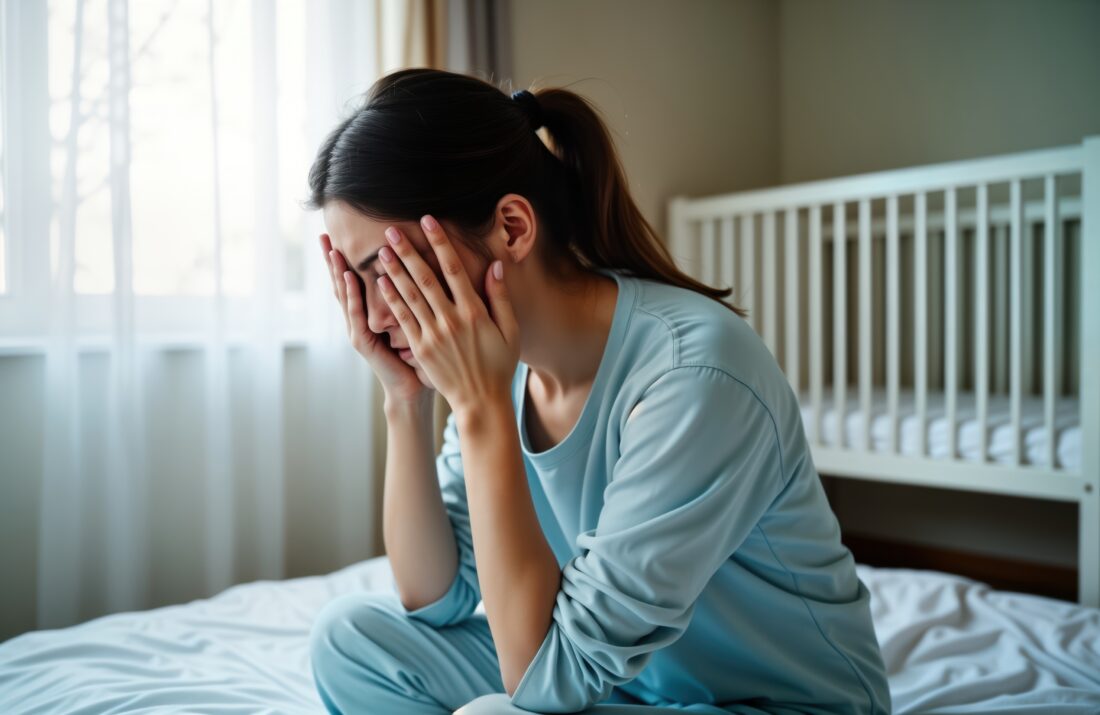Pregnancy changes a woman’s body in many ways. After giving birth, the body begins to heal, but this healing process can bring some challenges. Many women notice both physical and emotional changes during this time. Some of these changes are normal, while others may need medical attention. Learning about common reproductive health issues after pregnancy can help women know what to expect and when to ask for help.

Bleeding and Discharge After Birth
It’s normal to have bleeding after giving birth. This is called lochia, and it comes from the uterus as it clears out blood and tissue. The bleeding usually starts heavy and red, then becomes lighter and changes color over time. Most women stop bleeding within four to six weeks.
If the bleeding stays heavy, has large clots, or smells bad, it could mean there’s a problem. In rare cases, unusual bleeding may signal conditions such as cervical cancer or vaginal cancer, especially if symptoms appear long after delivery. That’s why regular check-ups remain important during postpartum care.
Ovarian Cysts and Uterine Fibroids
Ovarian cysts and uterine fibroids can appear for the first time or become more noticeable after pregnancy. Ovarian cysts are pockets of fluid that develop on the ovaries. Many are harmless and disappear without treatment. Still, larger ones may lead to discomfort, pressure, or aches in the lower belly.
Uterine fibroids are growths in or around the uterus. They are not cancer, but they can cause heavy bleeding, cramping, or a feeling of fullness in the belly. Hormone levels after pregnancy may cause fibroids to grow or shrink.
If these symptoms continue, talk to a doctor about fibroids in uterus treatment options that are safe and effective for postpartum recovery. Early care can help manage discomfort and support long-term health.
Pain in the Pelvic Area
The muscles in the pelvic area go through a lot during childbirth. It’s common to feel sore or tender around the lower belly or vagina. Women who had a long labor, a tear, or stitches may feel more pain.
Sometimes, the muscles in the pelvic floor become weak or tight. This can lead to pressure, pain, or trouble going to the bathroom. Doing simple exercises like Kegels can help. If the pain doesn’t get better, it’s a good idea to speak with a physical therapist who understands postpartum care.
Infections from childbirth or untreated sexually transmissible infections (STIs) may also lead to pelvic pain or long-term complications. Routine screening and timely treatment are essential for recovery and future reproductive health.
Changes in the Menstrual Cycle
Periods don’t always return right away. Some women get their period a few weeks after giving birth, while others wait several months. Breastfeeding often delays the return of regular periods because of a hormone called prolactin.
When periods return, they might be different. They can be heavier, lighter, or more painful. Irregular periods may also point to other issues like thyroid problems or hormone disorders. If a woman had fertility issues before pregnancy, she may need to revisit her options, which sometimes include assisted reproductive technology for future planning.
Hormone Shifts and Mood Changes
Hormones drop quickly after childbirth. These changes can affect how a woman feels emotionally. Many new mothers feel sad, worried, or overwhelmed in the first few days. These feelings are often called the “baby blues” and usually go away on their own.

If the sadness lasts longer than two weeks or feels hard to manage, it might be postpartum depression. This is more serious and may need treatment. Talking with a doctor or counselor can help. Support from family and friends also makes a big difference.
Health providers who understand the emotional and hormonal shifts that follow childbirth play an important role in health service delivery for postpartum mental health.
Vaginal Dryness and Pain During Sex
Estrogen levels drop after birth, especially when breastfeeding. This can cause vaginal dryness. As a result, sex might feel uncomfortable or painful. Some women also notice a lower sex drive during this time.
Using a water-based lubricant can help with dryness. If discomfort continues, a doctor may suggest a mild estrogen cream. It’s also helpful for couples to talk openly and take things slowly.
In some cases, persistent discomfort may also be linked to conditions like vaginal cancer or untreated infections. A medical check-up can help rule out more serious causes and offer the right treatment.
Bladder and Bowel Problems
Some women have trouble controlling their bladder after childbirth. Sneezing, laughing, or coughing can cause small leaks. This is known as stress incontinence and often happens when pelvic muscles are weak.
Others may feel constipated or have hemorrhoids. These problems can happen because of pressure during labor or changes in hormones. Drinking enough water, eating more fiber, and moving around can help. If symptoms don’t improve, a doctor can offer other solutions.
Conclusion
Recovery after pregnancy is not always simple. A woman’s body goes through many changes, and some take time to settle. Bleeding, soreness, mood changes, and irregular periods are all part of healing, but they should be watched closely.
Knowing what’s normal and what needs care makes recovery easier. Getting the right support early on can help avoid bigger problems later. Every woman’s experience is different, so paying attention to how the body feels is important. With care and support, healing after childbirth becomes more manageable.



